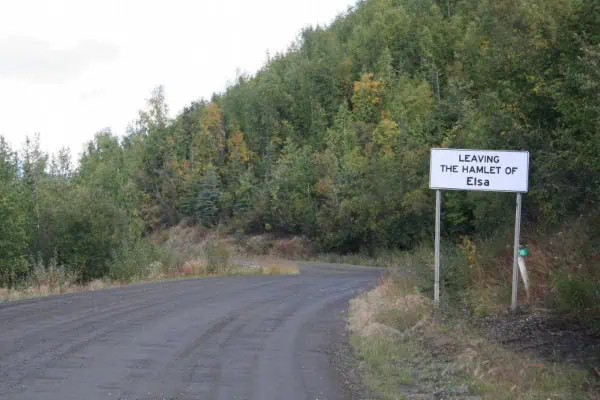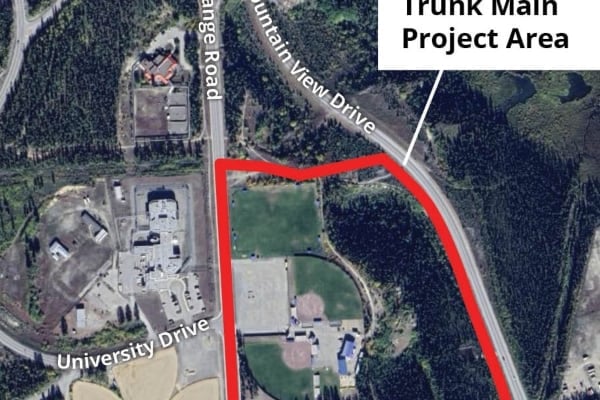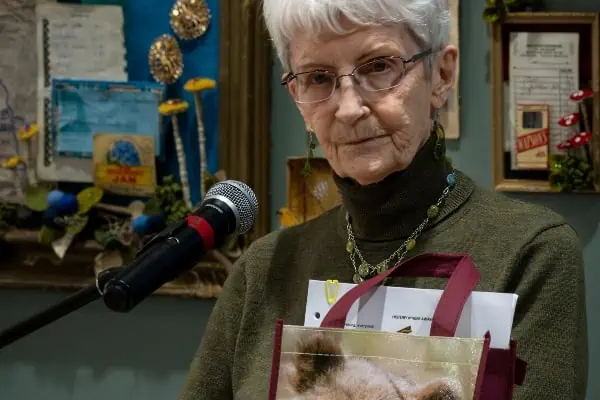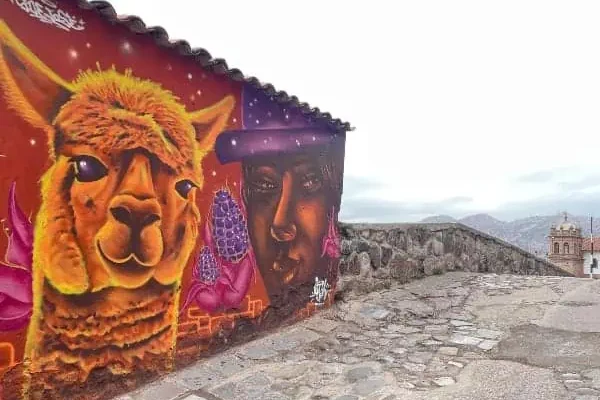Toronto Metropolitan University professor Tom Griffin, PhD, has been in the Yukon on sabbatical, conducting a research project on tourism
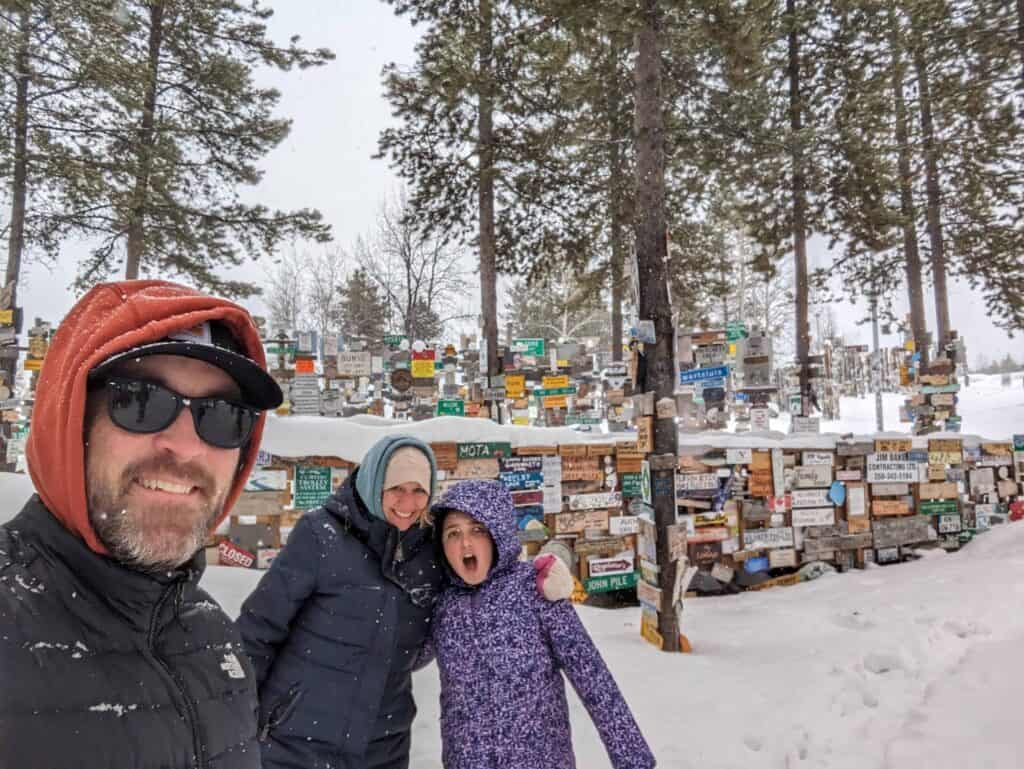
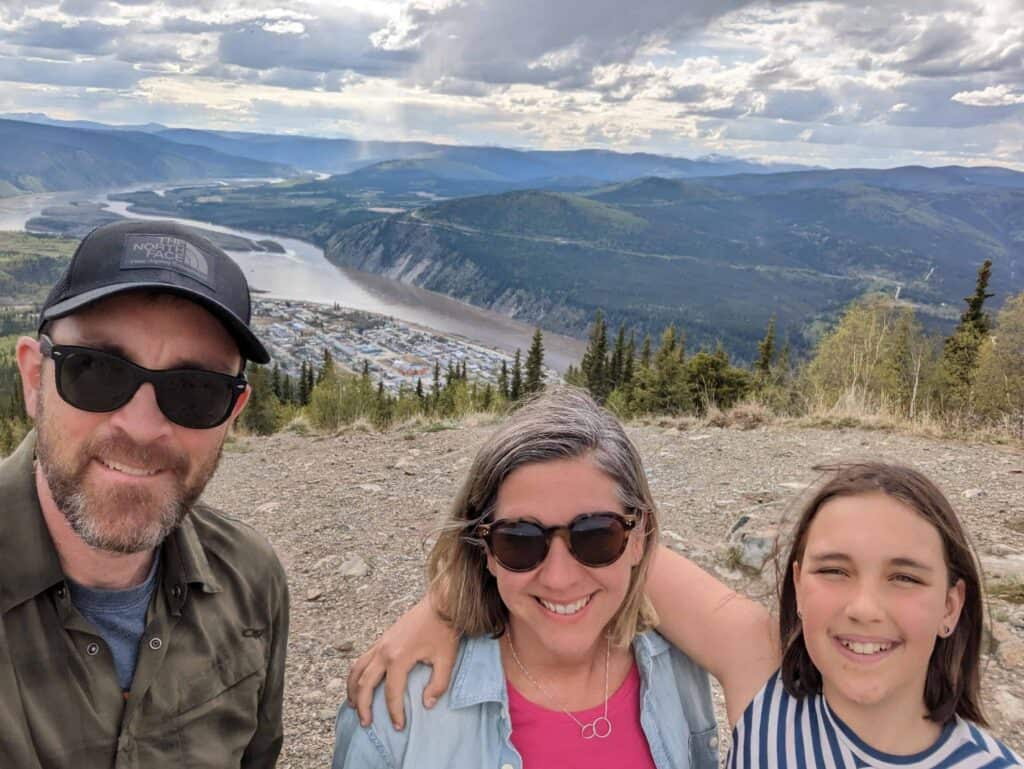
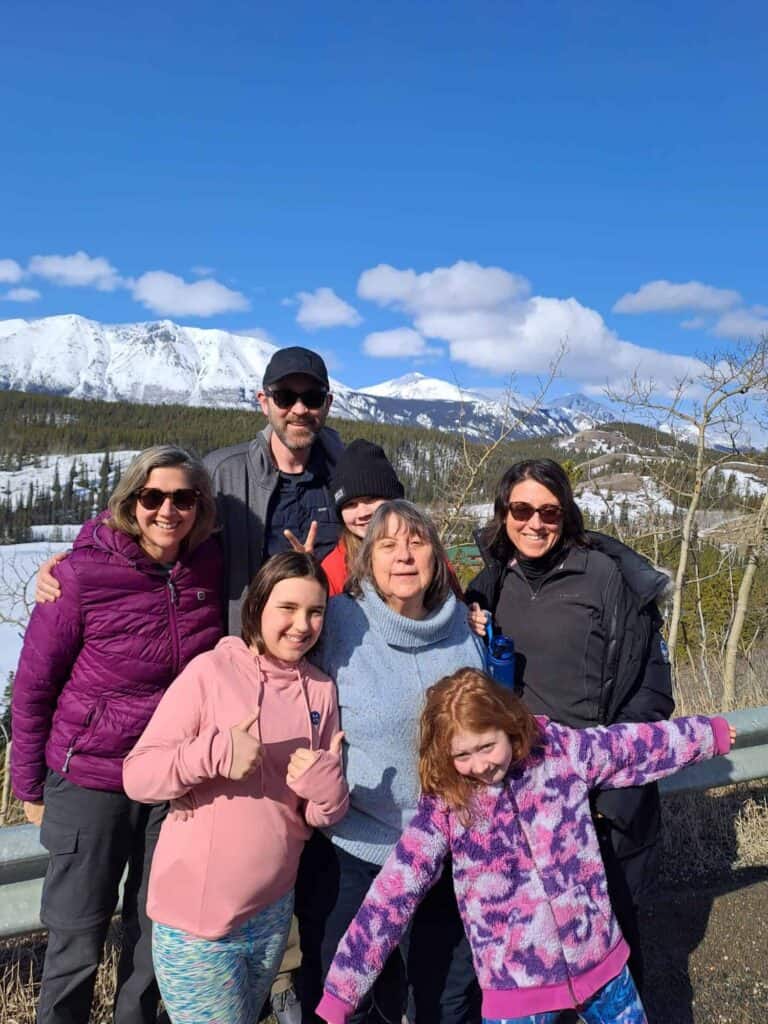
He’s coming to the end of his first visit to the Yukon, but Tom Griffin will have spent a total of three and a half months in the territory. The associate professor at Toronto Metropolitan University (TMU)’s Ted Rogers School of Hospitality and Tourism Management, who is also the assistant director of the school’s Institute for Hospitality and Tourism Research, came up north on a sabbatical while working on a data collection.
“I’ve been speaking with and still continue to speak with residents of Whitehorse about their experiences of having friends and relatives come to visit,” he explained. “So, it’s a particular part of tourism called visiting friends and relatives travellers—which, in industry, is called VFR. I’m particularly interested in the host’s experience within that. So, I’ve been studying the topic in China for a while, and I thought I’d come and take this chance to learn about VFR in Whitehorse and the Yukon.”
Originally from England, Griffin has been in Canada since 2006, but this has been his first time visiting the Yukon, a decidedly different place than the big city of Toronto in pretty much every way, a fact to which this now-Torontonian author can attest. When Griffin first applied for a sabbatical, it was during the height of the pandemic. While travel wouldn’t be possible right away, he knew it was something his eventual sabbatical would have to involve.
“To apply for a sabbatical, you have to suggest the project that you’re going to do at university and prove that it’s going to be worthwhile,” Griffin said. “I wanted to continue to study visiting friends and relatives. I’ll be quite honest, I also wanted to have an adventure and to be somewhere different for a few months.”
Griffin pointed out that during COVID the tourism industry was struggling, and the Department of Tourism was (and still is) interested in finding ways to encourage Yukon residents to partake in the tourism industry and to engage in activities they’d typically do with visiting friends and family.
“Having residents invite people and getting residents themselves to go and do stuff—it’s just a slightly different angle to look at,” he said.
As Griffin explained, he has found some themes in his research, but since it is a qualitative study, he’s not measuring anything but, rather, is collecting stories to show how people experience tourism with visiting friends and family.
“Very broadly, I think residents do attract a lot of people to come here, whether they be residents spending time and effort, saying, ‘Hey, everybody that I know, you should come here and experience this; it’s an amazing place.’ So they’re actually doing the promotion and that kind of convincing,” Griffin explained. “And when people come to visit them, they curate and they tailor the experience for their guests. So, your 80-year-old parents or grandparents are going to have quite a different experience than your 25-year-old university buddy. Just based on their age and abilities, but then, also, what they’re interested in; some people have friends that are interested in going out into the middle of nowhere, going on a big hike and canoeing, and some have friends that are less interested in that but really enjoy food or arts and culture.
“And so, the residents are actually personalized tour guides that know the visitors really well. And they know the place really well, and they might provide people [with] these specific trips on which people then have a good time.”
Griffin had his own experience in being a personalized tour guide when his family from England came to visit him in the Yukon for two weeks, of which their favourite day was spent driving to Carcross, as well as visiting Swan Haven and Marsh Lake. Now that his time in the territory is coming to an end, Griffin is preparing for the next steps of his study, which starts with driving from Whitehorse back to Toronto, with his partner and 10-year-old.
“I’m going to go to a conference in Kingston, Ontario, in September, and I’ll present the results and then turn this into a publication,” he said. “And then I want to research this topic more. I might not be doing it in Whitehorse, but this gives me some more information and a variety of perspectives on how this topic is experienced in different places.”

